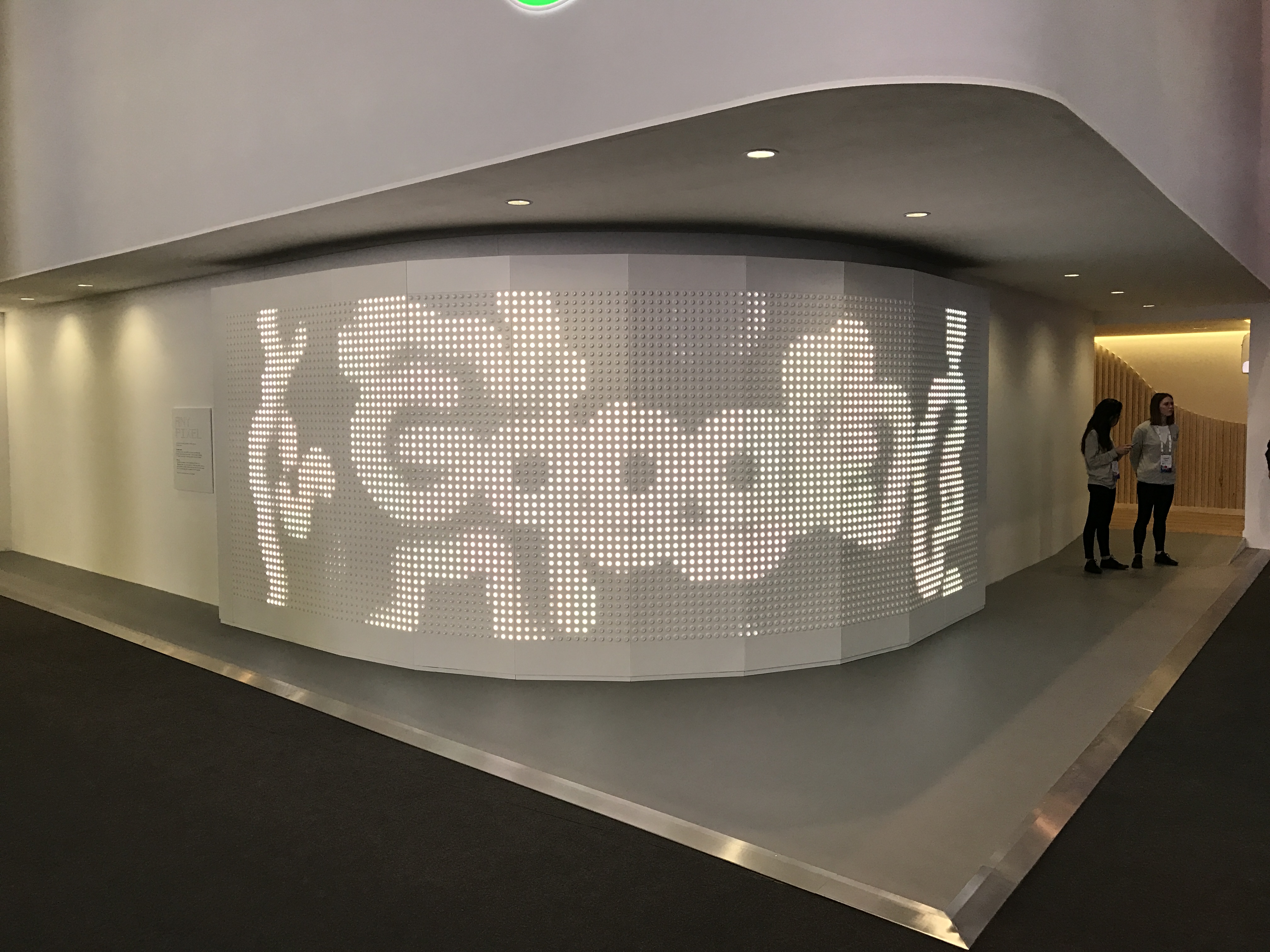

Google is boosting its cloud capabilities once again by acquiring identity and access management company Bitium, while also re-jigging its billing model for Google Cloud.
By bringing Bitium into its corporate fold, Google will add more secure access features and single sign-on (SSO) to its cloud platform.
Google Cloud will gain capabilities to help us deliver on our Cloud Identity vision. Our enterprise customers want a comprehensive solution for identity and access management and SSO that works across their modern cloud and mobile environments,” said Karthik Lakshminarayanan
director of product management for Google’s G Suite and Cloud Identity divisions.
“Bitium helps us deliver a broad portfolio of app integrations for provisioning and SSO that complements our best in class device management capabilities in the enterprise. As we add Bitium’s capabilities, we’ll continue to work closely with our vibrant ecosystem of identity partners so that customers are able to choose the best solutions to meet their needs.”
Details of how much the acquisition cost Google were kept under wraps, but it would appear that Google is not keen on resting on its laurels as one of the largest cloud infrastructure and platform providers in the world and instead wants to build out its cloud in order to remain competitive with the likes of Amazon Web Services and Microsoft Azure.
Google also revealed a billing-per-second pricing scheme for parts of the Google Cloud, with the goal of making cloud use for its customers as cost-effective as possible.
Effective right away, users of Google’s Compute Engine, Container Engine, Cloud Dataproc, and App Engine flexible environment VMs cloud services, can be charged for every second they use them.
There will be a minimum cost of minute of cloud use, but after that google will only charge its customers for the how much they use these cloud services and not a second more.
In practice, Google’s group project manager of its Compute Engine division, Paul Nash, does not expect the billing changes to have a vast effect on a lot of users but it will be more cost-effective for some.
“In most cases, the difference between per-minute and per-second billing is very small — we estimate it as a fraction of a percent. On the other hand, changing from per-hour billing to per-minute billing makes a big difference for applications (especially websites, mobile apps and data processing jobs) that get traffic spikes,” he explained.
“The ability to scale up and down quickly could come at a significant cost if you had to pay for those machines for the full hour when you only needed them for a few minutes.”
The evolution of Google Cloud Platform from infrastructure for Google’s own services into a vast platform for developers and enterprises has seen all manner of features added to it, recently including the addition of natural language search capabilities.
New chapter for famous name from Internet's early days, Napster, has been acquired and will…
Solving not-spots? Ofcom proposal to make UK the first European country to allow ordinary smartphones…
Pioneering robotaxi service from Alphabet's Waymo to go live in Washington DC next year, as…
Dozens of Chinese firms added to US export blacklist, in order to hamper Beijing's AI…
Chinese rival BYD overtakes global revenues of Elon Musk's Tesla, as record number of Tesla…
Messaging app Signal in the headlines after a journalist was invited to a top secret…